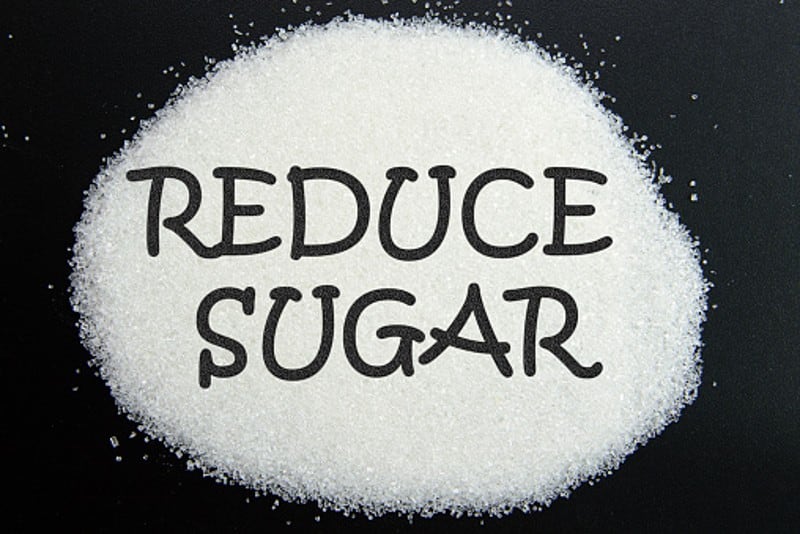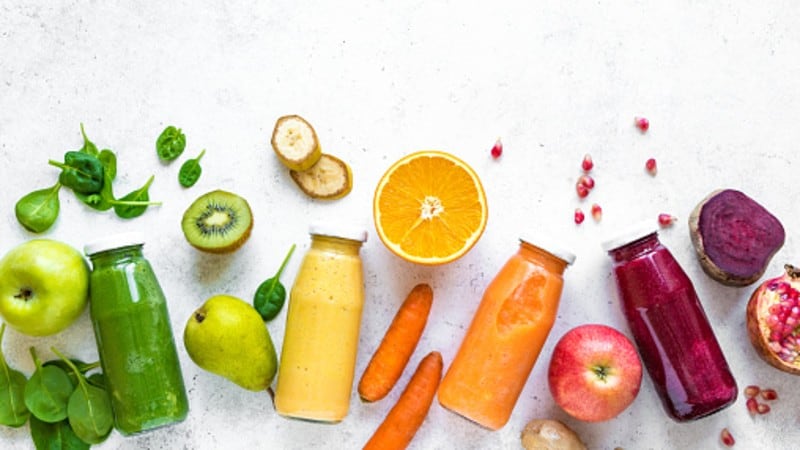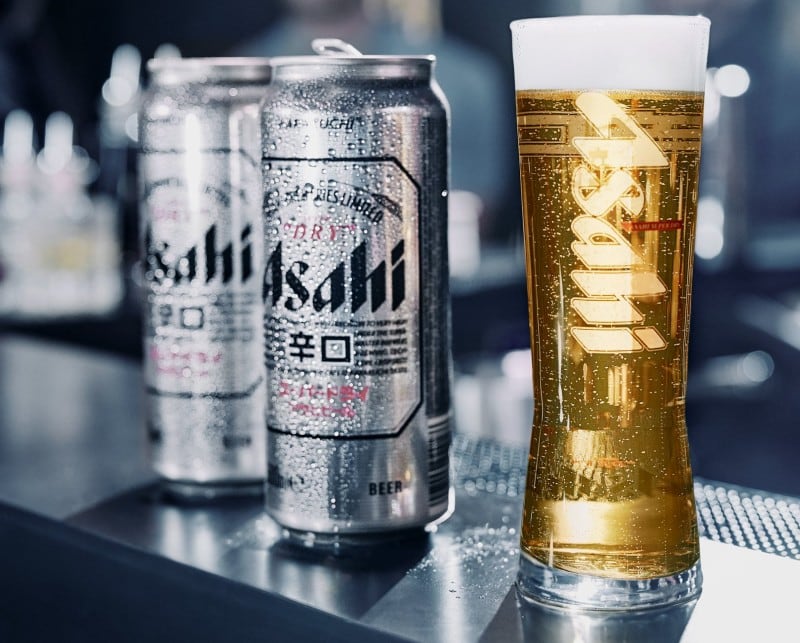Before the COVID-19 pandemic hit, sugar reduction was already a very hot topic in the APAC beverage industry especially with the introduction of multiple sugar taxes throughout the region from Malaysia to the Philippines.
These regulatory moves slowed down somewhat after the pandemic entered the picture, but with things returning to normal the topic of sugar reduction and sugar taxation is back in full swing, driven strongly by rising health concerns.
“The pandemic has brought about a renewed focus in dietary and sugar intake with many countries in APAC imposing various forms of measures to mitigate the risks associated with sugar intake,” Suntory Beverage & Food Asia Pacific (SBFAP) Chief Supply Chain Officer Alan Smith told FoodNavigator-Asia.
“Diabetes in particular is a growing concern for governments in the APAC region - according to the International Diabetes Federation, this was responsible for 2.3 million deaths here in 2021 which is the highest across all regions, and the number of people with diabetes in the region is also estimated to increase 27%, to reach 260 million by 2045.
“So there is still mounting pressure to reduce the sugar levels of products sold in APAC, which has led to countries imposing sugar taxes on sugar-sweetened beverages (SSB).”
Amongst the tax measures highlighted included Malaysia’s sugar tax at RM0.40 (US$0.086) per litre on SSBs with sugar content above 5 grams/100ml and Thailand’s tiered sugar tax approach subject to an increase every two years.
“Singapore on the other hand has introduced a mandate “Nutri-grade” labels for pre-packaged beverages which accurately reflects sugar and fat levels contained which will be kicking in from 30 Dec 2022,” Smith added.
“Stepping into 2023, analysts will be looking at how these measures have helped reduced sugar intake in APAC and how that directly affects diabetes and obesity issues – and firms in the beverage industry will need to be mindful of [potentially more] incoming curbs and measures imposed on SSBs.
“[All beverage firms need to] take forward-looking steps by investing more into research and development to produce healthier, less-sugar beverages and yet delivering the taste that consumers enjoy and are familiar with.”
SBFAP oversees multiple well-known beverage brands including BOSS, Lucozade, Ribena, Good Mood, TEA+, and various others across Australia and New Zealand (Frucor Suntory), Indonesia (Suntory Garuda Beverage), Thailand (Suntory PepsiCo Beverage Thailand), and Vietnam (Suntory PepsiCo Vietnam Beverage) – so making changes to sugar content across such a massive portfolio would certainly make an enormous difference to sugar consumption in the region.
Living with sugar taxes
From the very beginning of the sugar tax debate, the beverage industry has been understandably reluctant to accept this as the best mechanism to bring about changes to public health and sugar consumption, with industry bodies in many countries from Australia to Singapore arguing that industry-led efforts are a better option.
Australian Beverage Council CEO Geoff Parker has argued that sugar taxes are ‘discriminatory and regressive’, going so far as to call these a ‘last century’ solution.
“Sugar taxes will only raise the cost for consumers that can least afford it - In 2022 we need smarter, real-world evidence-based solutions to multi-factorial problems like obesity rather than slapping on a last century tax,” he said.
“Sugar reduction is being driven by a range of initiatives, including reformulation, smaller pack sizes, and [major Australian beverage firms are] investing in more low and no sugar products to meet growing consumer demand.”
Despite the industry’s reluctance, it does appear that it is taking the appropriate steps to live with these sugar taxes by accelerating reformulation and innovation efforts - or at least accelerating these quickly to prove that sugar taxes are not required – and at the end of the day, this is the sort of change that will prove to be the most beneficial for consumers.





